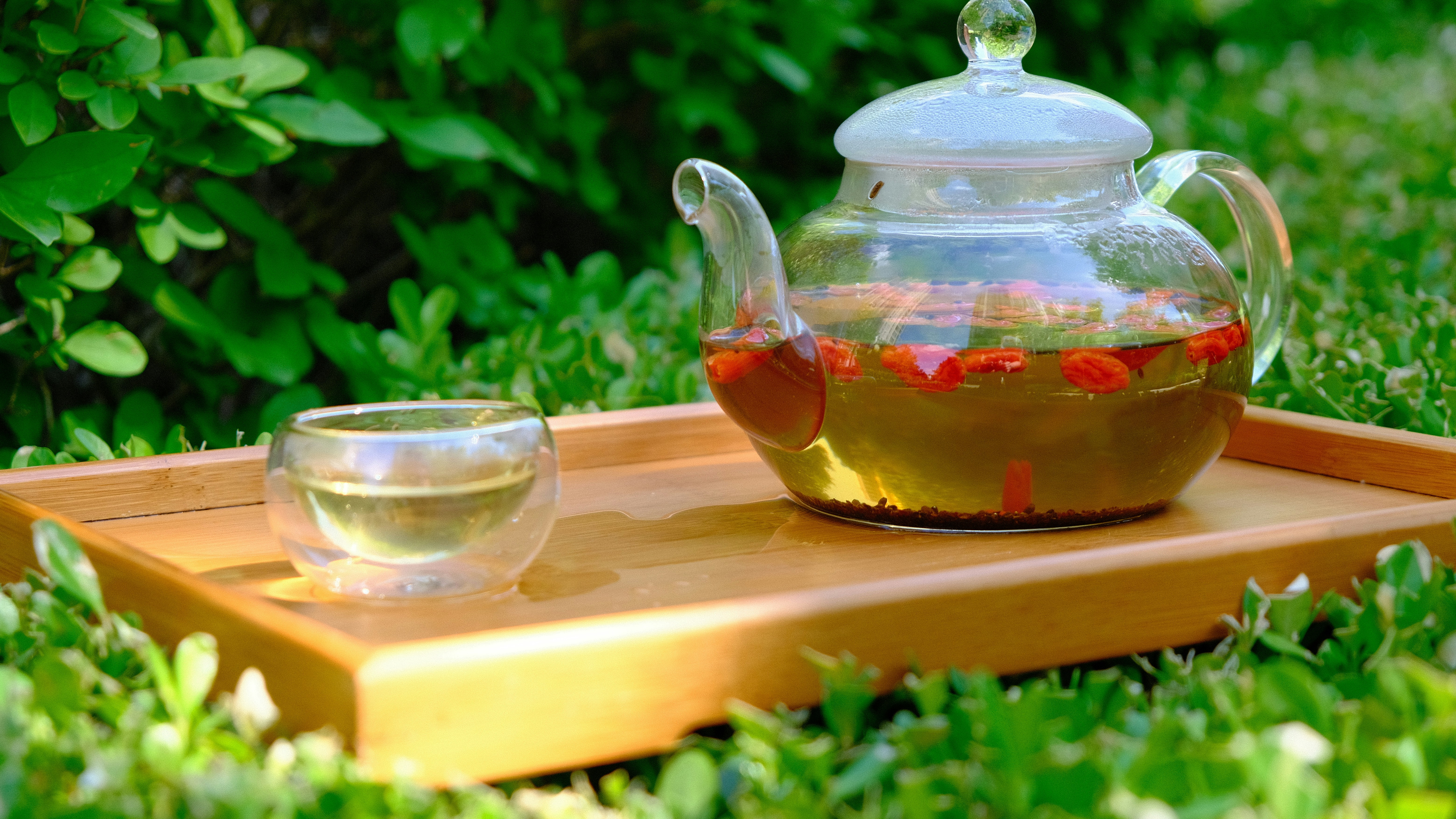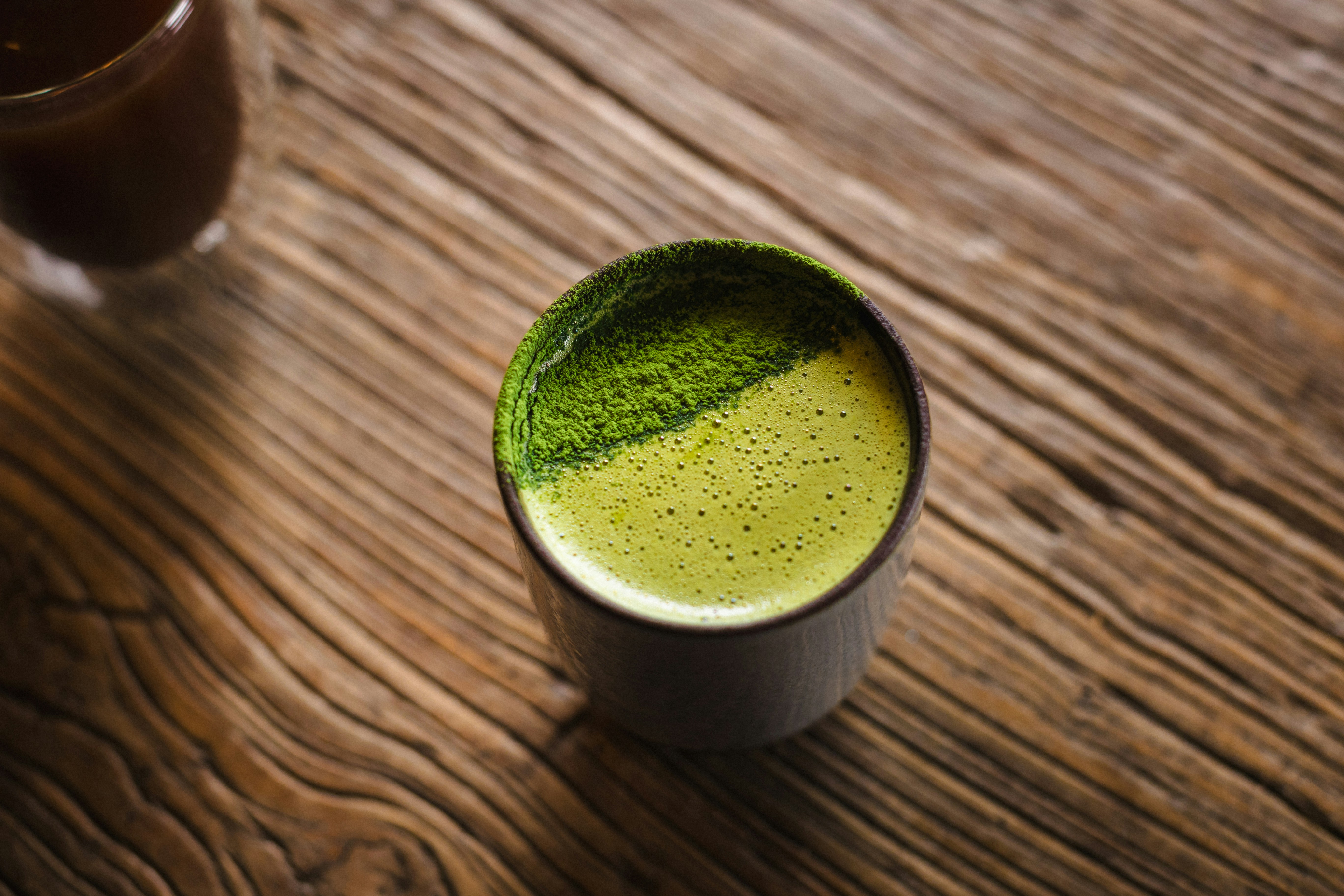Understanding the Mind-Body Connection
The mind-body connection is a fundamental concept that illustrates the intricate interactions between our mental processes and physical health. This relationship underscores the notion that our thoughts, emotions, and overall mental wellbeing can significantly influence our physical state, and conversely, that physical conditions can impact mental health. This dynamic interplay has been recognized since ancient times, with various cultures embracing the duality of mind and body as integral to overall health.
Historically, practices such as yoga, meditation, and traditional Chinese medicine emphasized the importance of this connection. They advocated for a holistic approach, suggesting that the state of one’s mind could directly affect bodily functions. For instance, in Ayurveda, the balance of mental and physical health is deemed essential for maintaining wellness. Modern interpretations continue to explore this connection, reinforcing the idea that stress and negative emotions can lead to physical ailments, while physical activities and mindfulness can promote mental clarity and focus.
Anecdotal evidence further supports the importance of the mind-body connection. Many individuals report enhanced well-being and improved focus through practices such as mindfulness meditation or engaging in soothing activities, like drinking tea. For example, those who adopt a routine of mindful tea-drinking often find that the process of preparing and savoring their beverage helps clear their minds, allowing for heightened awareness and concentration. These practices illustrate how intentional actions can facilitate a harmonious relationship between mental and physical states.
In today’s fast-paced world, recognizing and cultivating the mind-body connection is essential. By understanding how our mental states influence our physical health, and vice versa, we can make informed choices that enhance our overall quality of life. This approach not only fosters clarity but also nurtures a sense of balance that is vital for navigating daily challenges effectively.
The Role of Tea in Cultivating Mindfulness
Tea has long been revered not only for its diverse flavors and health benefits but also for its deep cultural significance in promoting mindfulness and relaxation. From ancient ceremonies in China to Japanese tea rituals, the preparation and consumption of tea have historically been infused with practices that enhance present-moment awareness. Engaging with tea allows individuals to engage in a slow, deliberate process that encourages mindfulness, inviting a sense of calm and focus into one’s daily routine.
The ritual of preparing tea itself can be a meditative experience. Each step, from selecting the tea leaves to boiling water and pouring, requires attention and intention. This deliberate attention to the process encourages individuals to disconnect from the distractions of modern life. The act of enjoying tea can serve as a moment of pause, where one can reflect and center themselves, fostering a deeper connection with their thoughts and feelings. This practice aligns closely with the principles of mindfulness, which emphasize being fully present in the moment without judgment.
Personal anecdotes abound among tea enthusiasts who have woven tea rituals into their lives. For instance, one individual shares how dedicating ten minutes each morning to brew a cup of matcha helps cultivate focus and intention for the day ahead. This small act transforms their busy morning routine into a sacred time for reflection and grounding. Similarly, another tea lover recounts how hosting tea ceremonies with friends deepens interpersonal connections and enhances shared moments of clarity and presence.
Incorporating tea rituals into daily life can thus enhance one’s ability to cultivate mindfulness and relaxation. By embracing the experience of preparing and savoring tea, individuals can explore strategies for nurturing focus and clarity, thus enriching their overall well-being.
Health Benefits of Tea: A Scientific Perspective
Tea, one of the most consumed beverages worldwide, has garnered significant attention for its myriad health benefits, particularly regarding cognitive function and mental clarity. Many studies have highlighted the presence of antioxidants in tea, such as flavonoids, which are known to combat oxidative stress. These antioxidants play a crucial role in maintaining brain health, potentially reducing the risk of cognitive decline as one ages.
Among various types of tea, green tea is particularly noted for its high levels of L-theanine, an amino acid that promotes relaxation without drowsiness. Research indicates that L-theanine can modulate neurotransmitters, increasing dopamine and serotonin levels in the brain, which can lead to an enhanced mood and improved focus. When consumed, especially in conjunction with caffeine found in tea, L-theanine creates a balanced effect that may heighten cognitive performance while reducing feelings of anxiety.
Another aspect of tea’s health benefits pertains to its ability to reduce stress. Herbal teas, such as chamomile and lemon balm, have historically been renowned for their calming effects. Modern studies support these claims, demonstrating that these teas can significantly lower cortisol levels, the hormone linked to stress. Lower stress levels can subsequently improve one’s capacity to focus and maintain clarity in thought processes.
It is important to note that individual responses to tea can vary significantly. Factors such as genetics, tolerance to caffeine, and even the method of preparation can influence how one experiences the cognitive benefits of tea. Therefore, while scientific evidence supports the connection between tea consumption and enhanced mental clarity, personal experiences may differ. Thus, individuals are encouraged to explore various types of tea to find what best suits their unique preferences and needs.
Tea and its Spiritual Applications
Tea has long been revered in various cultures not only for its physical benefits but also for its spiritual applications. In Japan, the traditional tea ceremony, or Chanoyu, represents more than just the act of preparing and consuming tea; it is a profound spiritual practice rooted in Zen Buddhism. This ritual emphasizes the importance of mindfulness, harmony, respect, and tranquility. Participants engage in the meticulous preparation of matcha, a powdered green tea, which invites a sacred atmosphere conducive to meditation and introspection. The delicate act of serving tea fosters a sense of connection between the host and guests, reinforcing the communal aspect of spirituality.
In Tibetan culture, tea plays a significant role in ritualistic practices. Tibetan butter tea, known as Po cha, is often offered during ceremonies as a symbol of hospitality and good fortune. It serves not only as nourishment but also as a conduit for spiritual offerings. The practice of sharing this tea in community gatherings helps to cultivate a sense of belonging and interconnectedness, fostering spiritual well-being among participants. The warm, comforting nature of the tea aids in grounding individuals, making it an excellent companion for meditation and prayer.
Across different traditions, tea rituals have been seen to enhance spiritual focus. In various spiritual journeys, individuals have shared how tea serves as a grounding element that supports their meditative practices. For example, one practitioner recounted how incorporating herbal teas, such as chamomile or lavender, into their daily routine helped cultivate a sense of calm and clarity during their meditative sessions. Another individual mentioned that drinking tea while journaling deepened their reflective processes, allowing them to connect more profoundly with their inner self. Such personal anecdotes illustrate the powerful role tea plays in enhancing one’s spiritual journey, making it an essential companion in the pursuit of mindfulness and clarity.
Cultivating Focus Through Tea: Practical Techniques
Tea, with its rich array of flavors and properties, can serve as an effective tool for enhancing focus and clarity during various activities. To harness the benefits of tea, consider integrating some practical techniques into your daily routine. One key method involves selecting specific types of tea known for their ability to promote alertness and concentration. Green tea, for instance, contains L-theanine, an amino acid that can improve cognitive function and increase attention. Additionally, black tea is renowned for its caffeine content, which acts as a natural stimulant to help keep the mind sharp.
When preparing your tea, pay attention to brewing methods that maximize its beneficial properties. For green tea, steeping it at a lower temperature (around 175°F) for about two to three minutes can yield a refreshing cup that preserves its nutrients. Conversely, black tea is best brewed with boiling water for a stronger infusion. Experimenting with steeping times and temperatures will help you discover personal favorites that align with your focus goals.
Mindful drinking practices can further enhance your experience. Creating a designated time for tea consumption, free from distractions, allows you to savor each sip while also centering your thoughts. Consider pairing your tea with specific activities like studying or meditating. For instance, enjoying a cup of chai before a focused work session can provide the necessary energy and clarity. Keep a journal to track your responses to different tea varieties and how they affect your concentration levels.
Each individual may respond uniquely to different types of tea, so take the time to experiment with various blends, brewing techniques, and mindfulness practices. This approach not only enriches your tea-drinking experience but also cultivates a valuable connection between your body and mind, enhancing focus and clarity.
Mindfulness Practices to Enhance Connection
Incorporating mindfulness into daily routines can profoundly strengthen the mind-body connection, particularly when combined with the ritual of tea drinking. One effective technique is breath awareness, which encourages individuals to focus on their inhalation and exhalation while savoring a cup of tea. By directing attention to the rhythm of their breath, individuals can cultivate a sense of presence, fostering calmness and mental clarity. This practice not only enhances the tea-drinking experience but also helps to ground individuals in the moment, allowing for a deeper appreciation of both the beverage and one’s thoughts and emotions.
Another beneficial practice is body scanning, where one consciously observes physical sensations while enjoying tea. Starting at the head and working down to the toes, individuals can acknowledge any tension or discomfort within their bodies. By integrating this practice into the tea ritual, one can simultaneously enjoy the soothing properties of tea and recognize physical sensations. This juxtaposition promotes an awareness of the body’s responses, aiding in the management of stress and enhancing overall well-being.
Gratitude journaling is yet another way to expand mindfulness practices in conjunction with tea drinking. This technique involves taking a few moments to reflect on and write down things for which one is grateful while sipping tea. Such reflective practices help foster positivity and cultivate resilience. Anecdotal narratives reveal how individuals have blended these processes; for instance, Sarah, a busy professional, discovered that pairing her tea ritual with gratitude journaling not only eased her anxiety but also improved her focus throughout the day. This natural synergy highlights how tea drinking can seamlessly integrate with mindfulness techniques to enrich one’s therapeutic routines, creating an impactful harmony between the mind and body.
Overcoming Challenges in Maintaining Focus
In the fast-paced modern world, maintaining focus has become increasingly challenging for many individuals. Common obstacles include stress, distractions from technology, and mental fatigue. Each of these factors can significantly impede one’s ability to concentrate, making it difficult to accomplish daily tasks or engage fully in meaningful activities. However, integrating tea into one’s routine may offer a soothing remedy for these focus-related issues.
Stress is a prevalent hurdle that often disrupts mental clarity and concentration. The calming properties of tea can serve as a counterbalance to these stressors. For instance, herbal teas such as chamomile and lavender are renowned for their ability to promote relaxation, allowing the individual to regain composure and focus. Many individuals have reported that incorporating a brief tea break during a hectic day enables them to reset their minds, creating a momentary pause that enhances their overall productivity.
Distractions are another obstacle that can derail focus. In an age dominated by digital devices, the constant stream of notifications and social media alerts can create an overwhelming environment that hinders concentration. Engaging in a mindful tea-drinking ritual can be a powerful antidote. By intentionally dedicating a few moments to prepare and enjoy a cup of tea, one can cultivate mindfulness and detach from external distractions. This practice not only fosters a sense of presence but also provides an opportunity to clear one’s mind and enhance attention levels.
Mental fatigue further complicates the quest for focus. Prolonged periods of intense work or study can lead to burnout, making it difficult to concentrate. Regularly consuming tea with stimulating properties, such as green tea or yerba mate, may help combat this fatigue. These varieties contain caffeine in moderation, which can provide an energy boost without the jitters commonly associated with coffee. It is essential, however, to approach persistent focus issues with care; individuals experiencing continuous challenges should consider seeking professional help to explore tailored solutions.
Cultural Rituals of Tea: A Global Perspective
Tea, revered not only for its flavor but also for its cultural significance, has transcended geographical boundaries, fostering connections and enhancing mental well-being across various societies. The British afternoon tea serves as a quintessential example, emerging in the 19th century as a delightful interlude between lunch and dinner. This ritual is not merely about enjoying scones and finger sandwiches; it encourages gathering, conversation, and camaraderie. The social aspect of sharing tea allows individuals to slow down, creating a cherished environment conducive to thoughtful reflection and connection.
In contrast, the Chinese Gongfu tea ceremony embodies a deep-seated cultural philosophy. It highlights the importance of precision, patience, and respect for the tea itself. In this meticulous ritual, every aspect from the selection of tea leaves to the method of brewing is purposeful, promoting mindfulness and appreciation of the present moment. This practice not only elevates the act of drinking tea but also cultivates clarity of mind and focus, as participants immerse themselves fully in the experience.
Meanwhile, Morocco’s mint tea tradition showcases tea as a symbol of hospitality and community. The preparation and serving of mint tea is often a communal affair, with family and friends coming together to enjoy this sweet beverage. The act of pouring tea from a height is a ritual that enhances its flavor while demonstrating generosity and care. Such gatherings enrich interpersonal bonds, providing a nurturing environment that enhances mental health and fosters social support.
Personal anecdotes from these diverse cultural experiences underline the universal value of tea as a means of fostering connection. Whether it is the elegance of British tea time, the mindfulness of the Chinese Gongfu ceremony, or the warmth of Moroccan hospitality, every tradition highlights the role of tea in nurturing both focus and emotional well-being. The communal rituals surrounding tea not only celebrate its consumption but also emphasize its significance in building and strengthening relationships that further enhance overall mental clarity.
Conclusion: Embracing the Journey of Connection
In the exploration of the mind-body connection, it is evident that tea serves as a remarkable tool to enhance this relationship. The natural compounds found in tea can encourage mental clarity and focus, facilitating a harmonious interaction between our thoughts and physical well-being. By integrating tea into our daily routines, we can develop a deeper awareness of our bodies’ signals and our mental states, providing a unique opportunity to cultivate mindfulness.
As we navigate this journey, it is essential to remain open to experimentation. Different types of tea offer various benefits, each with its unique flavor profile and potential impact on our mental clarity. For example, green tea, rich in L-theanine, may promote calmness and focus, while herbal blends can aid in relaxation and stress relief. By trying different teas, one can discover personal preferences that resonate with their health goals and lifestyle. This process not only enhances our physical experience but also strengthens our connection to the present moment.
Moreover, the act of preparing and savoring tea can provide a meditative experience, encouraging mindfulness and reflection. Taking time to pause, breathe, and enjoy a cup of tea can foster an improved understanding of our own needs, both mentally and physically. As individuals embark on their unique journeys, they are invited to share their experiences with others, contributing to a collective understanding of how tea can facilitate the nurturing of focus and clarity. Such connections can serve to inspire and motivate others to explore their paths.
In conclusion, embracing the journey of connection through tea is about recognizing its potential to enhance our well-being. By integrating this practice into daily life, one can cultivate moments of clarity and focus, nurturing a more profound mind-body connection that enriches overall health.








Leave a Reply